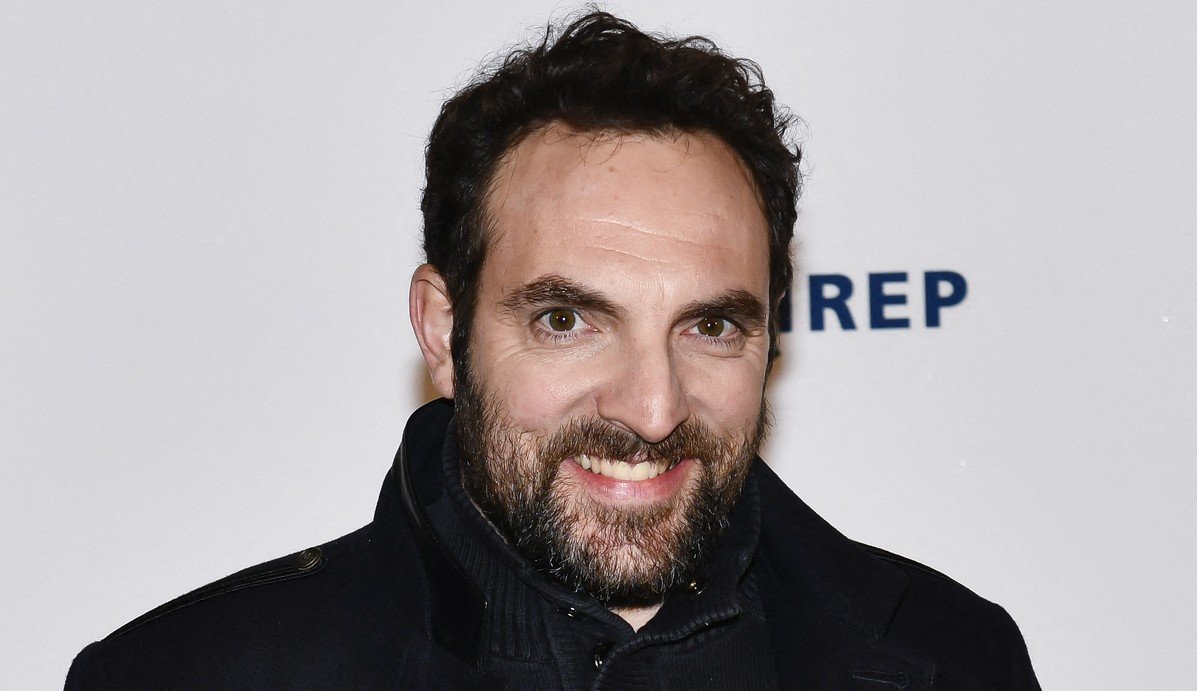(New York) Oil prices continued to rise on Friday ahead of a much-anticipated OPEC meeting this weekend, strong US jobs numbers and the debt stalemate overcome.
A barrel of Brent North Sea oil, for August delivery, gained 2.49% to $76.13.
Its US equivalent, a barrel of West Texas Intermediate (WTI) for July delivery, rose 2.33% to $71.74.
It was primarily the expectation of the OPEC producers’ meeting that drove prices up, analysts said.
Members of the Organization of the Petroleum Exporting Countries (OPEC) are meeting physically on Sunday in Vienna, the headquarters of the alliance, to possibly adjust their level of crude production.
For Robert Yawger of Mizuho US, “the market doesn’t want to be taken by surprise and end up in the situation of the April meeting” where, during a virtual meeting, the producers had decided in a surprise way substantial production cut. The initial impact on rising prices did not last.
“We are witnessing the same scenario with a meeting organized in the middle of the weekend where no one can access the market to adjust” to the possible decision to reduce production which would drive up prices, fears the analyst.
So investors jumped ahead. They “bet on a potential production cut announcement. If this is true, prices will go up again, if on the contrary it does not happen, we will not go back that much, ”explains Mr. Yawger.
For Barbara Lambrecht of Commerzbank, crude prices “may fall back at the start of the week if the rumor of a production cut does not materialize when many market players have bet on it”.
In addition to this risk premium of a new tightening of the screw by producing countries, prices were also encouraged by the US employment report.
Job creation was much stronger than expected at 339,000 in May, indicating a still buoyant labor market, although at the same time – as measured by a different survey – the unemployment rate is rising to 3.7%.
“This good situation for demand had a positive reaction on oil prices”, which took an additional dollar just after the publication of the report, said Robert Yawger.
The market was finally reassured by the approval by the US Senate of the agreement reached in extremis for a two-year suspension of the debt ceiling.
The risk of default is removed: “the market is happy about it, it can put this behind it”, added the analyst from Mizuho.















